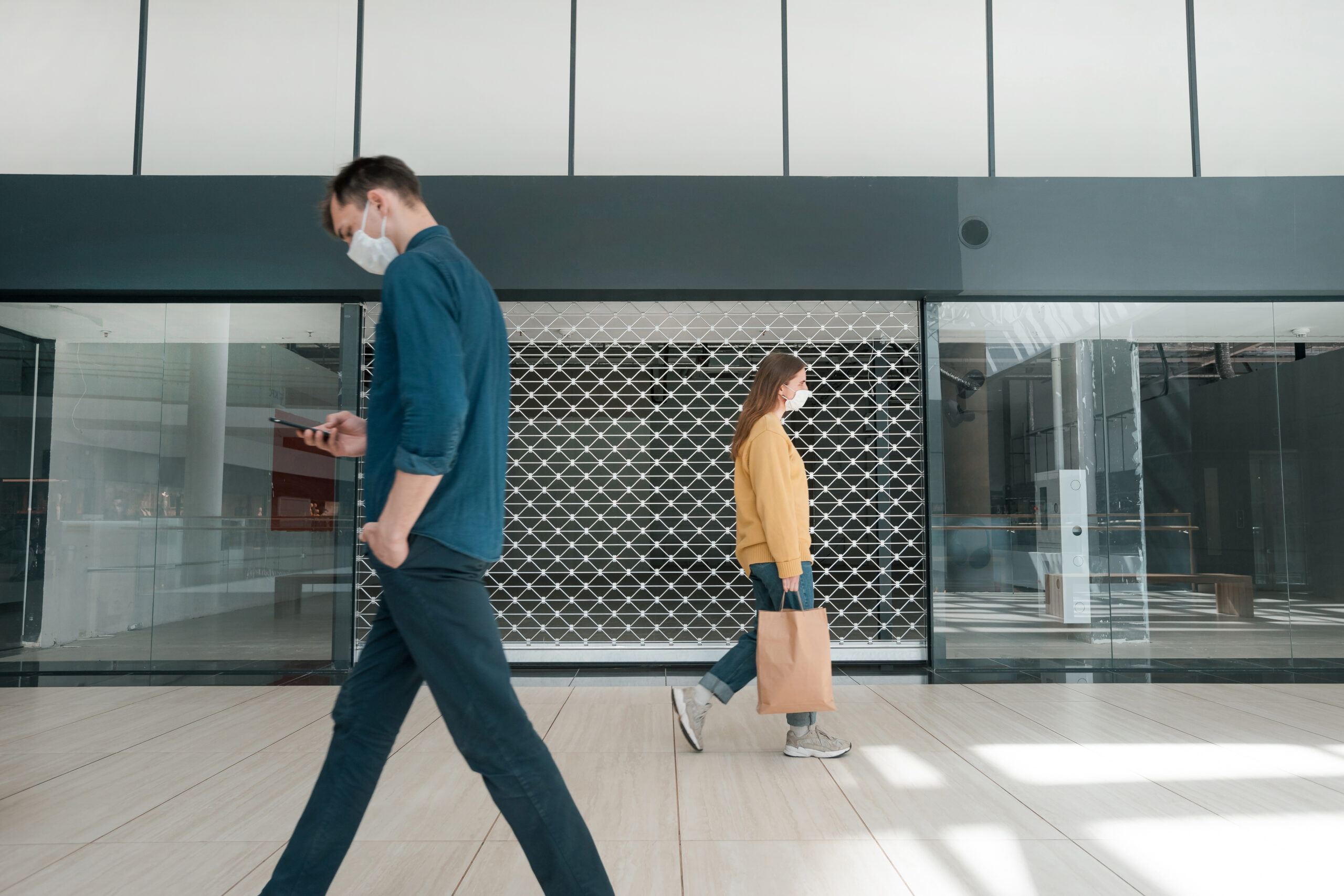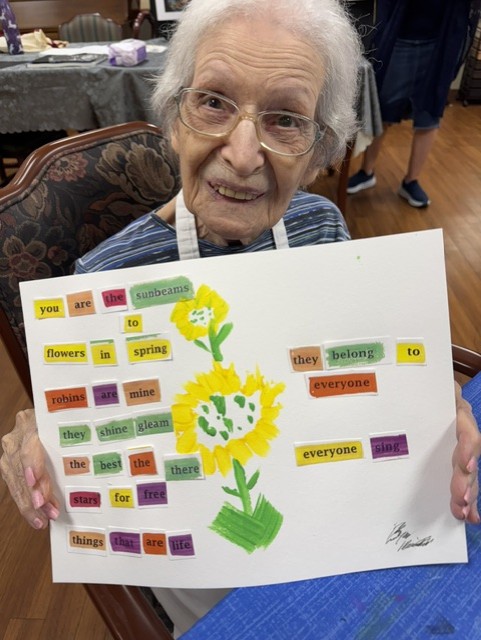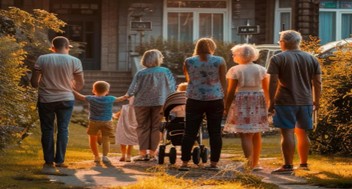What behaviors have you changed since the introduction of the COVID-19 virus into our world? There are the obvious things like wearing masks. And generally feeling tethered to your house during sheltering-in-place mandates.
Perhaps you have worked from home. A colleague of mine reflected that although she has gone into the office about twice a week for the past two months, the only time she has opened a desk drawer is to get a pencil. Who needs those files anyway? We have really gone virtual!
Have you changed your grocery shopping habits to limit the number of times you go into the store? Or perhaps you have begun ordering ahead and picking things up curbside. Does your favorite restaurant now deliver to your door? Do you wait in your car until your stylist is ready for your hair appointment? Is your temperature now taken every time you enter a building? We have changed a lot of the ways we interact with each other since the start of the year.
We are now over six months into this virus marathon. We have all experienced a large number of ways in which our lives are different than they were back in February.
For instance, this is the longest stretch of time that I have not used my suitcase or traveled by plane for a meeting or conference in years.
Both my spouse and I have mostly worked from home. Dave heads up the steps to our, now his, office each morning. I head down a level to another table, and we put our internet router to work. What does this mean? It means that we eat lunch together almost every day. We haven’t done that since we were in graduate school together, over 30 years ago.
It also means that we eat in every night. For those who know me well, this is a huge change since I have never enjoyed cooking. And we are not only fixing those meals together, but we are preparing new recipes and trying new things (thank you, Pinterest)! Our kids will testify that we had a very boring dinner menu rotation when they were younger. Not anymore!
And then after dinner, most nights, we take a walk around the neighborhood. Up until 24 months ago, one or both of us were serving in a local church setting. One of us had an evening meeting every weekday night. So, being able to walk together is a significant change.
But the more challenging changes are the ones that disrupt the basic social cues that were imbedded in me at an early age. How many times have you instinctually reached out to shake someone’s hand, only to recoil in horror that you might actually touch the other person!
Or how difficult is it for you to be in the presence of a dear loved one while maintaining physical distance and not giving them a hug in greeting or in saying good-bye? We have to joke about these things and comment about the awkwardness of the situation in the moment. Because we are all learning to retrain our social rituals.
But I have noticed some other changes not as easily adapted because there is not the opportunity to laugh it off or explain my behaviors. It happens on those evening walks.
In our neighborhood, we walk without masks. In the course of the hour, one might encounter eight other people, which means there is very little risk of encountering the virus in droplets around us.
But there are new social norms for how to deal with this. When you come around a corner, if there is someone else already on the sidewalk, you cross the street and continue on the other side. Or if you find that you are on the same sidewalk, headed toward each other, one of you exits onto the street to go around the other. People pushing strollers remain on the sidewalk. Those who are just walking take the street bypass. Or if there are small children on tricycles or other slow-moving “vehicles” you just step around them in the tree lawn.
And when you are on the bike/walkways, you each cling to your side of the asphalt until you have passed each other. You may say a quiet hello (don’t want to speak too loudly and push droplets into the space between you!) and give a head nod. But you keep going and don’t engage in any further discourse.
This feels a bit odd, particularly here in the Midwest! And it is heightened when you pass the same people several times a week. You build a relationship based on head nods and the respect of passing them by on the other side of the road. And maybe that is why it feels so awkward.
In the story of the Good Samaritan in Luke 10, this was the behavior of the people who were not the heroes of the story. The priest, and then the Levites, cross to the other side of the road to avoid the wounded traveler. The neighbor, identified as the Samaritan, is the one who approached the injured man and provided for his care in the healing process.
In the context of our pandemic world, we have to adjust our thinking and understand that crossing the road is really the best way to help our neighbor. It isn’t a smug offense or way to socially avoid someone. It is all about physical distancing for their health sake and respect.
It will be interesting, once there is a vaccine, to see what of our changed behaviors we keep. And which ones morph toward our behavior before COVID-19. Or more importantly, what are we learning that we want to keep? And what of our previous behaviors are we willing to completely let go?
I’d like to continue the more regular neighborhood walks. And I am finding a bit of satisfaction of uncovering new recipes on Pinterest and expanding our dinner menu repertoire. However, I look forward to the occasional hugs with my family and friends. And I anticipate that someday I won’t be zig-zagging across the street to avoid people but actually to greet them and engage in conversation.
10/22/20 14:00
View all articles by:






















